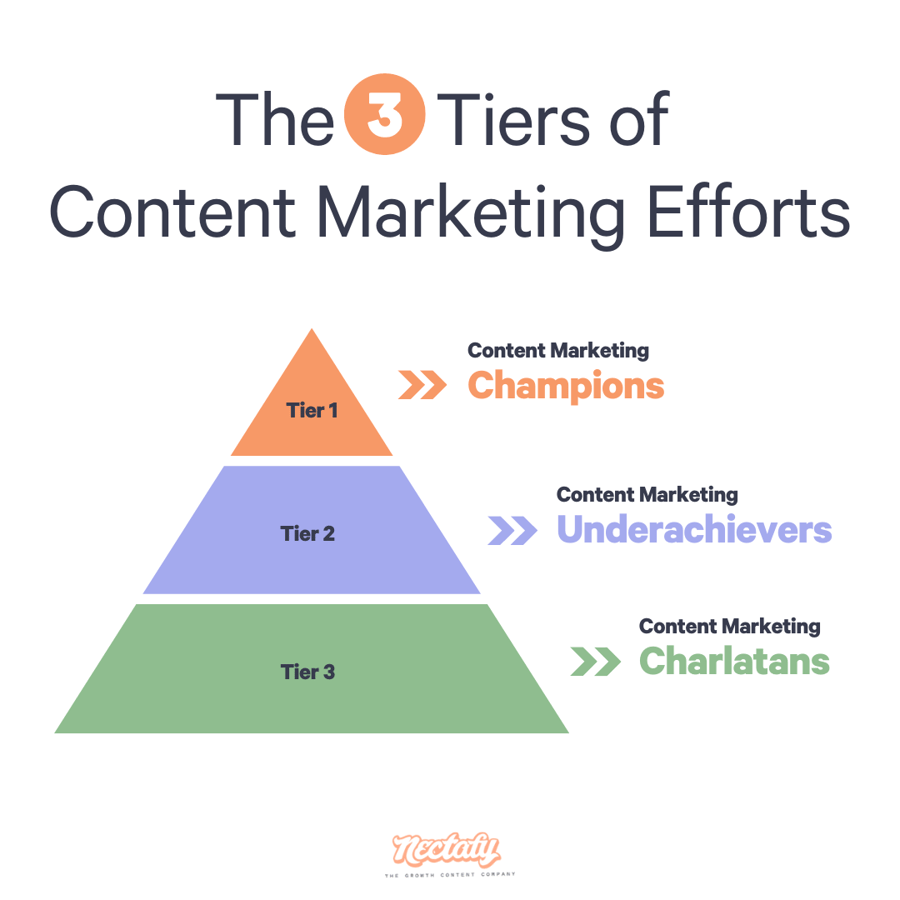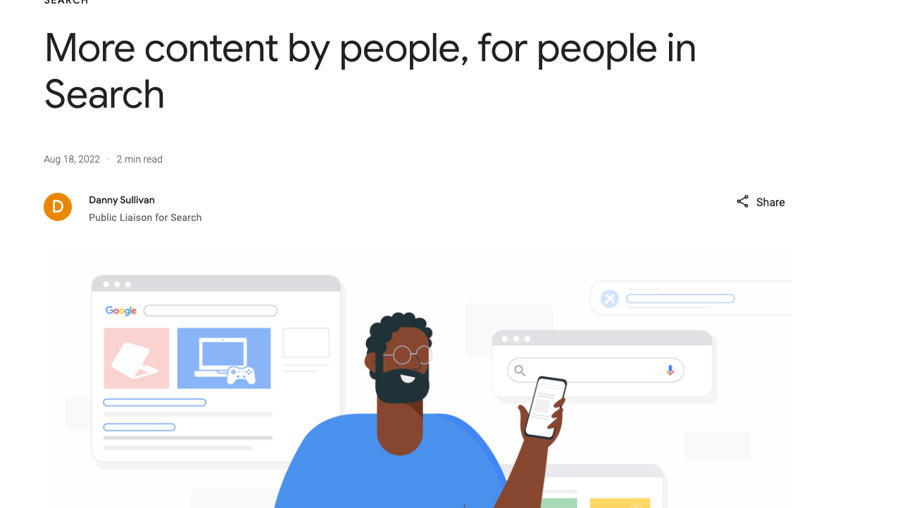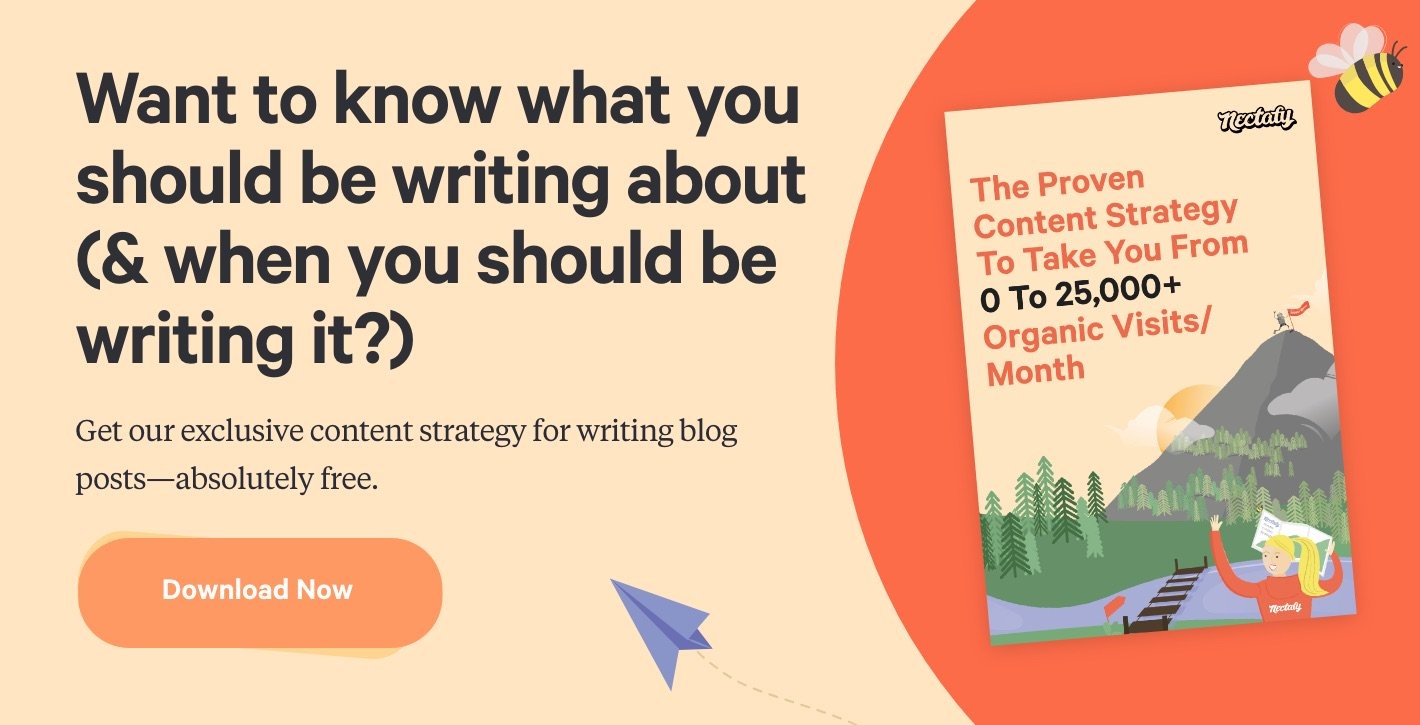AI Writing's Role In The Future Of Content Marketing



When I was a kid, which was quite a while back (let’s just pretend it was the 1980s), I came across some encyclopedias that were antiquated even for that time. I distinctly remember reading an entry about the future, which explained that global inhabitants of the world in the distant year 2000 would enjoy flying cars, living on the moon, and being served hand-and-foot by robots. Think “The Jetsons” without the automatic “getting dressed-inator.” (Hat tip to the genius creators of the show “Phineas & Ferb.”)
Wow, we’re so close, right?
Billionaires can now rocket into the stratosphere for a few minutes, and my brand new car has really good suspension. But let’s be honest. If the authors of those encyclopedia articles were still alive now, they’d be pretty underwhelmed with the “future.” It looks an awful lot like the past with shinier, noisier, flashier things.
When I got the chance to write about the future in this article, I realized that it’s really a fool’s errand. Who knows what the future holds? But, I’m also not afraid of looking like a fool, so I’ll just go on in there where angels fear to tread.
But before we get to the future of content marketing, let’s just take a moment and look around the present landscape.
Currently, as I see it, content marketing efforts can be classified into three tiers:

- Tier 1—Content Marketing Champions: These businesses understand they need to create content that doesn’t just provide information but also nurtures an emotional or intellectual connection, thus building additional credibility for the business. Tier 1 content provides a unique perspective, opinion, or forecast with regard to the topic at hand. In short, this content is actually worth reading. There are no tricks or funny games or shortcuts. These businesses allocate significant resources and strategy into creating authentic, high-quality content that helps grow their brand recognition and product lines over a long period of time.
- Tier 2—Content Marketing Underachievers: These businesses pay lip service to helpful, authentic content, but have not committed the resources required to succeed. These businesses have littered the internet with content that echoes the same sentiments found on other websites. They settle for average writers who, without any input from real experts on the topic, simply Google to see what others have said, then plagiarize, summarize, and (if they’re very adventurous) customize what they’ve found to develop their own article.
- Tier 3—Content Marketing Charlatans: These businesses couldn’t care less about helping their readers, but they’ve heard that if you provide content, you can get visitors to your company’s site. Ironically, they end up hiring the same kind of writers as the tier above, but are simply looking for the cheapest possible way to create “content.” Some are even using AI-generated content since it’s cheap and easy to produce.
Want to see what Tier 1 content looks like? Download Nectafy’s Growth Content portfolio to get a peek at actual lead-generating offers, articles, and landing pages.
In an equitable and just world, only the content created by Tier 1 content marketers would show up at the top of Google’s search results. Readers would click on the most meaningful headline, read, enjoy the content, and find that their next step is more clear than it was when they started.
There are content creators who pour their souls into their content, and they are rewarded by passionate consumers who are eager to read the next published installment of whatever they write. It’s pretty amazing.
Take a look at the inspiring content creators using SubStack, ConvertKit, and Patreon. They’re all building audiences by providing quality content—not relying merely on showing up in search.
Sure, this content shows up in Google search results as well, just not as well as it should. It’s getting stuck behind low-quality, regurgitated content. Not great.
Google has taken note.

With Google’s new focus on “More content by people, for people…” Google has declared they’re on the path to ferreting out mediocre content. Supposedly the robots are to blame, and not us humans.
I guess I’m relieved.
The current state of AI seems to be a combination of all the techniques used by mediocre internet writers of the last 15 years. Take a meaningful sentence that someone else has written, substitute a few words, change up the syntax, and claim it as your own. That approach is lazy at best and stealing at worst, even for a non-sentient being. Come on, AI, you can do better than that.
Here at Nectafy, we’ve spent a lot of time trying to figure out what it looks like when AI takes the wheel of your content. The short of it—it’s not pretty.
While I’m not completely convinced that the brilliant engineers at Google have figured out how to identify AI-plagiarized content from human plagiarization, my secret hope is that maybe they just wipe both out in the same update.
Why am I wasting time comparing AI content to poorly written human content? Both types of content really have no future in content marketing. Google is coming for the bots, and that same effort will inevitably decimate all the bot-like writing that humans have been doing for a while.
Isn’t AI getting better? Most likely. From what I’ve read, as higher quantity and higher quality inputs are given to AI, it simulates and creates more effectively. So the future of AI in content writing will be dependent on 1) the software itself becoming more powerful, and 2) the quality of its inputs improving.
How much could your company grow with growth content?
Calculate your expected growth in organic visits based on the average Nectafy client.
Get all these numbers in your inbox.
The Future Of Content Marketing: Does AI have a place?
In my view, as AI improves there will be a future for how it helps humans create great content, and it’s as a collaborative tool.
I’m imagining a tool where you can input your parameters, such as, “I want to write for an eighth grade audience, in a playful tone,” and it will analyze your word choice and writing style as you write, based on your own thoughts, making meaningful suggestions and alterations in line with your goals. That would be an incredibly useful tool!
Even as I’m writing this article, Google Docs is prompting me with sentence completions that I can only assume is their AI engine compiling the millions of sentences that others have written. Sometimes it’s annoying, and sometimes it’s helpful. That’s the future of AI in a nutshell.
If history is any indication, technology paired with human input is a powerful collaboration. When we introduce AI tools into content writing, just be aware that you’re always going to need to 1) invest time and money and energy into the task, and 2) provide your AI tools with high-quality inputs. What does this all boil down to? The same companies that succeed as Tier 1 content marketers today will still come out on top, even as AI develops into a useful tool for content.

